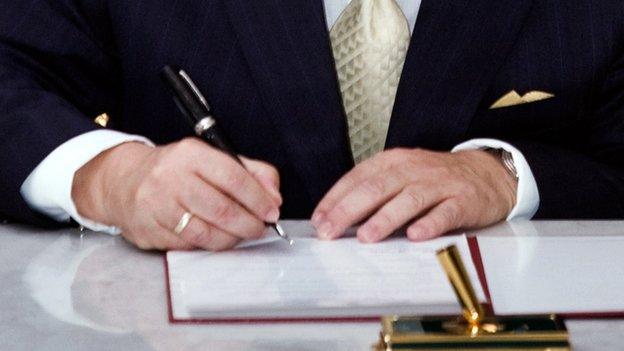EU referendum: David Cameron to 'quicken pace' of talks
- Published
David Cameron says the pace of EU talks will 'quicken' and he wants 'big' changes
David Cameron has said "now the pace will quicken" in his efforts to get a new deal for the UK in Brussels ahead of an in/out referendum.
The prime minister denied failing to be clear about what he wants, saying talks with Northern European leaders in Iceland had "gone well".
He said would be revealing full details of his demands early next month.
Estonia and Finland's leaders say Mr Cameron has so far failed to provide concrete proposals.
Follow all the day's political updates on BBC Politics Live
Cameron's demands

Mr Cameron has yet to show his hand publicly but bowed to pressure from other EU leaders earlier this month by pledging to set out full details of his renegotiation demands in a letter to European Council President Donald Tusk in early November.
The comments from the Finnish and Estonian leaders suggest that he is not saying much more in private.
From what Mr Cameron has said in speeches and articles, and the Conservative manifesto, we know he wants:
The UK to opt-out of the EU's commitment to "ever closer union" between member states
Restrict access to in-work and out-of-work benefits to EU migrants
To give greater powers to national parliaments to block EU legislation
Protection for the City of London financial markets from EU legislation
He also wants to free business from what he sees as red tape and "excessive interference" from Brussels and provide access to new markets through "turbo charging" free trade deals with America and Asia
What the PM has been saying in Iceland

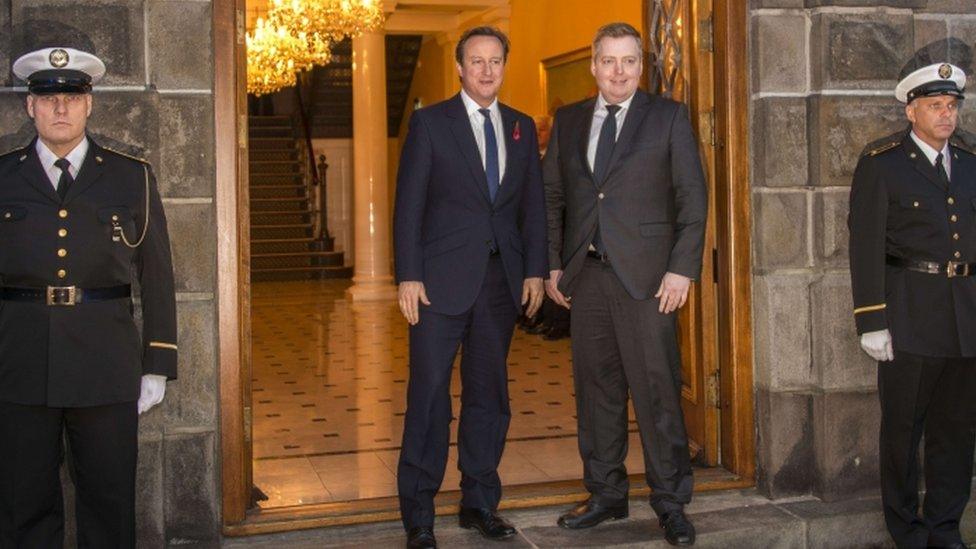
David Cameron, pictured with Iceland's Prime Minister, Sigmundur Gunnlaugsson, is in Iceland for a meeting of northern European leaders
Speaking to reporters at the end of the meeting, Mr Cameron said: "We had an excellent discussion last night, obviously we were covering other subjects like Syria and refugees and Ukraine but we also discussed the British renegotiation and I would argue it is going well."
He said the pace of the renegotiation would now "quicken," when he writes his letter to Donald Tusk, "at the beginning of November".
Asked whether Britain was better off out or in the EU, he said: "There's a debate about Britain's membership of the European Union, that's why we're having a referendum and people will be able to listen to all of the advice and all of the positions that they hear before they make up their mind.
"My job as prime minister is to get the best deal for Britain in Europe, to make sure we have the best of both worlds.
"And so that's what I'm doing by setting out very clearly the things that needs to change; on sovereignty, on competitiveness, on fairness between Euro ins and out, on migration and welfare - I've been very consistent. "
What other leaders have been saying about him

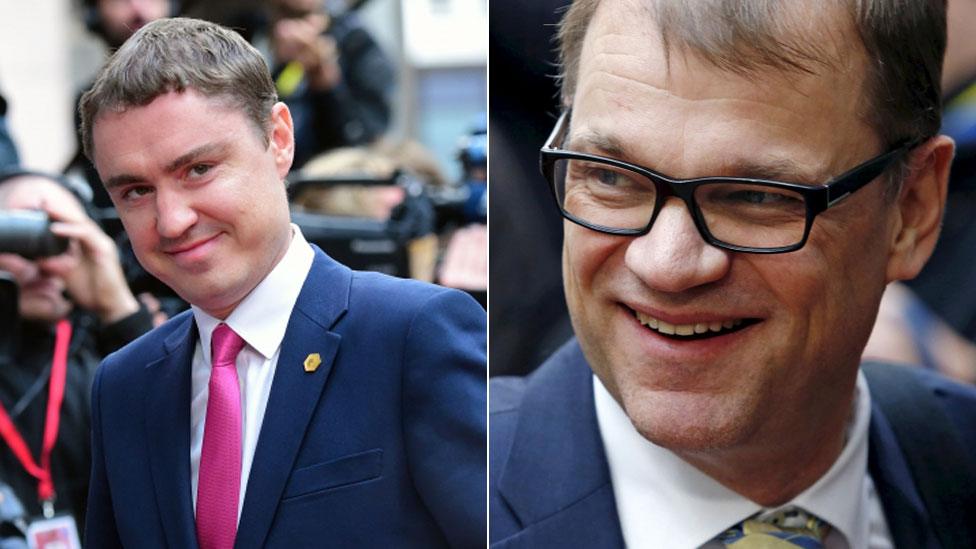
Estonian Prime Minister Taavi Roivas (L) and Finnish Prime Minister Juha Sipila say David Cameron has so far failed to provide concrete proposals
Estonian Prime Minister Taavi Roivas told BBC political editor Laura Kuenssberg he had talked about "directions" with the UK but had yet to focus on detail.
Finnish Prime Minister Juha Sipila said: "When you have a concrete proposal I think that Finland and other Nordic countries, we are very open to finding a solution for that."
Both countries want the UK to stay in the EU.
Iceland trip focuses attention on Britain's post-EU options

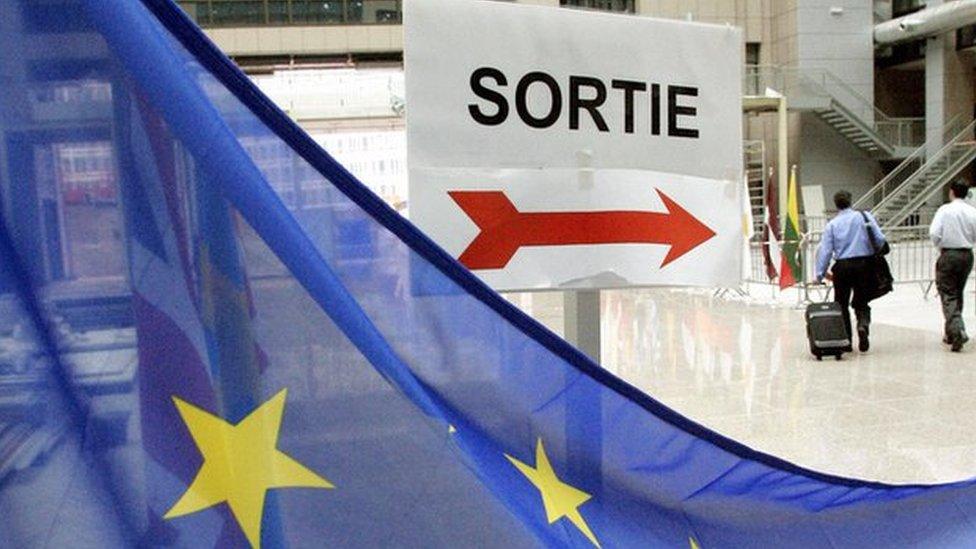
If Britain left the EU, it would have to negotiate a trade deal with the EU and other major trading blocs. Out campaigners say Britain could strike its own deal, tailored to the needs of the country.
There are a number of precedents:
The Norwegian model: Britain leaves the EU and joins the European Economic Area, giving it access to the single market, with the exception of some financial services, but freeing it from EU rules on agriculture, fisheries, justice and home affairs
The Swiss model: Britain emulates Switzerland, which is not a member of the EU but negotiates trade treaties on a sector-by-sector basis
The Turkish model: The UK could enter into a customs union with the EU, allowing access to the free market in manufactured goods but not financial services
Alternatively, the UK could seek to negotiate a comprehensive Free Trade Agreement with the EU, similar to the Swiss model but with better access for financial services and more say over how rules and standards are implemented.
The UK could make a clean break with the EU, relying on its membership of the World Trade Organisation as a basis for trade.
Foreign Secretary Philip Hammond is understood to have run the idea of "associate membership" of the EU, formalising the "two speed" Europe that is already taking shape, past other governments, according to the BBC's Mark Mardell.
Farage vs Clegg (again)

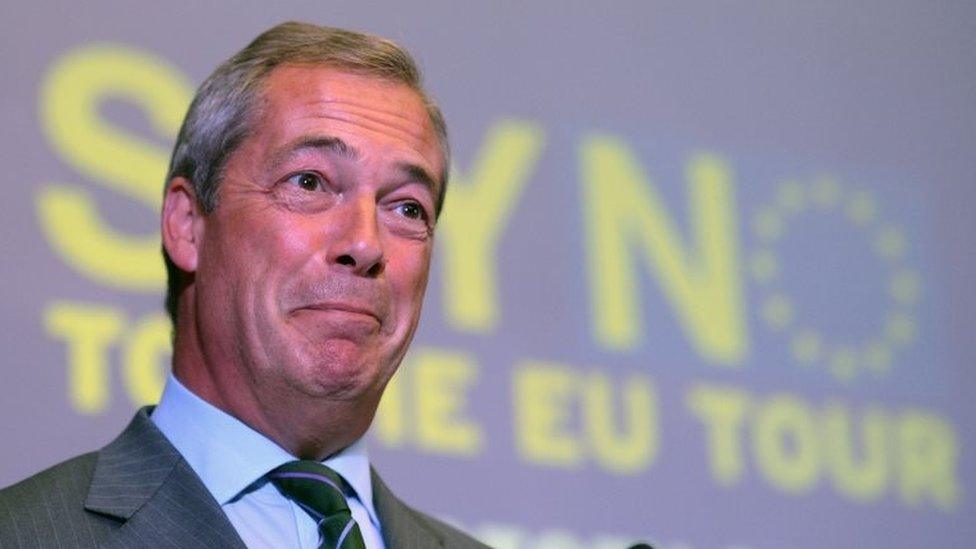
UKIP leader Nigel Farage has responded to Mr Cameron's claim that Norway and Iceland were not models the UK should follow - saying both have thrived outside the EU.
Writing in the Daily Telegraph, external, Mr Farage said there was "great irony that the prime minister has gone to make the case for the European Union in Reykjavik, the capital of a country that has benefited so immensely from being outside of the EU".
But the UKIP leader added: "I don't want a Norwegian deal. Or an Icelandic one for that matter."
Instead he wanted "a new British deal once we leave the EU, one that suits the needs of our own country".
The UKIP leader's old sparring partner Nick Clegg - remember their TV debates last year - has also weighed in.
The former deputy prime minister said there were no options that were better than remaining in the EU and Norway had a "fax democracy", having to transpose "letter for letter into Norwegian" instructions sent from a Brussels fax machine.
He told BBC Radio 4's Today programme all countries with a semi-detached relationship with the EU, such as Iceland, Switzerland and Lichtenstein, suffered a "significant loss of control".
Key clips from Laura Kuenssberg in Iceland

Laura Kuenssberg gives a guided tour of the summit hotel in Iceland
Full interview with Estonian PM Taavi Roivas at Iceland summit
Finland's PM Juha Sipila 'worried' about UK exit from EU - full interview
Norwegian PM warns Britain against emulating her country's EU deal
America not keen on Brexit

US Trade Representative Michael Froman said his country was "not in the market" for Free Trade Agreements with individual countries.
He told Reuters Britain would face the same tariffs and trade barriers as other countries outside the US free trade network, which would mean British exports would cost more.
"We have no FTA with the UK so they would be subject to the same tariffs - and other trade-related measures - as China, or Brazil or India," he said.
He added: "I think it's absolutely clear that Britain has a greater voice at the trade table being part of the EU, being part of a larger economic entity."
- Published30 December 2020

- Published1 June 2015
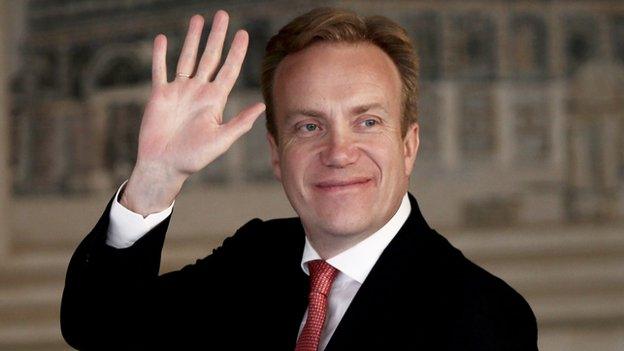
- Published1 February 2016
